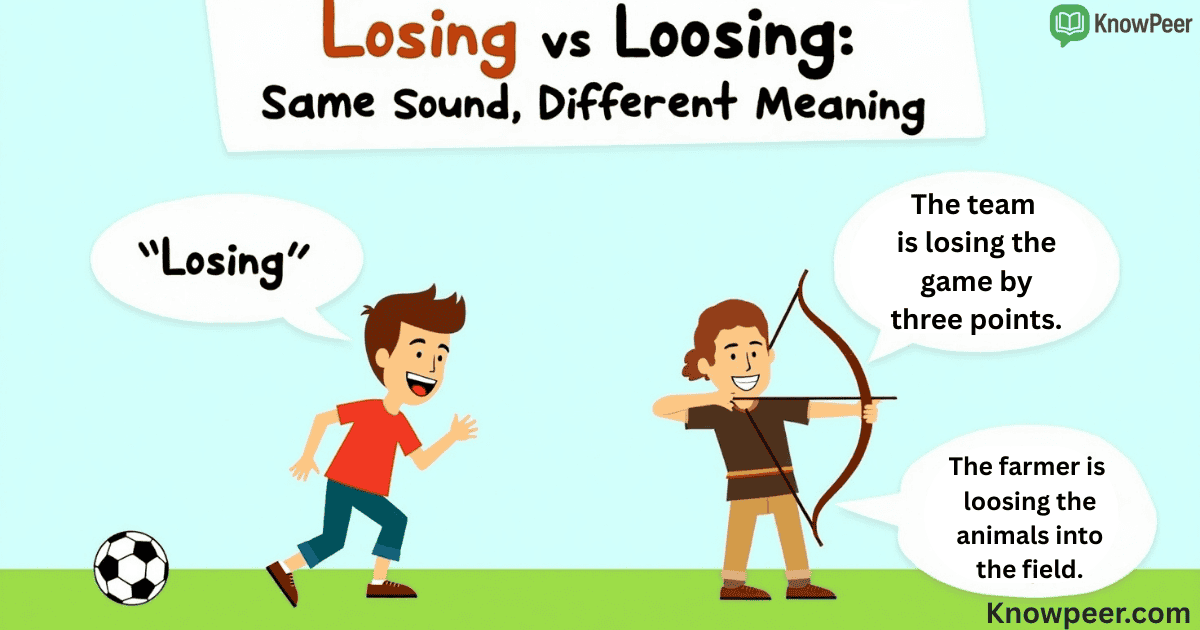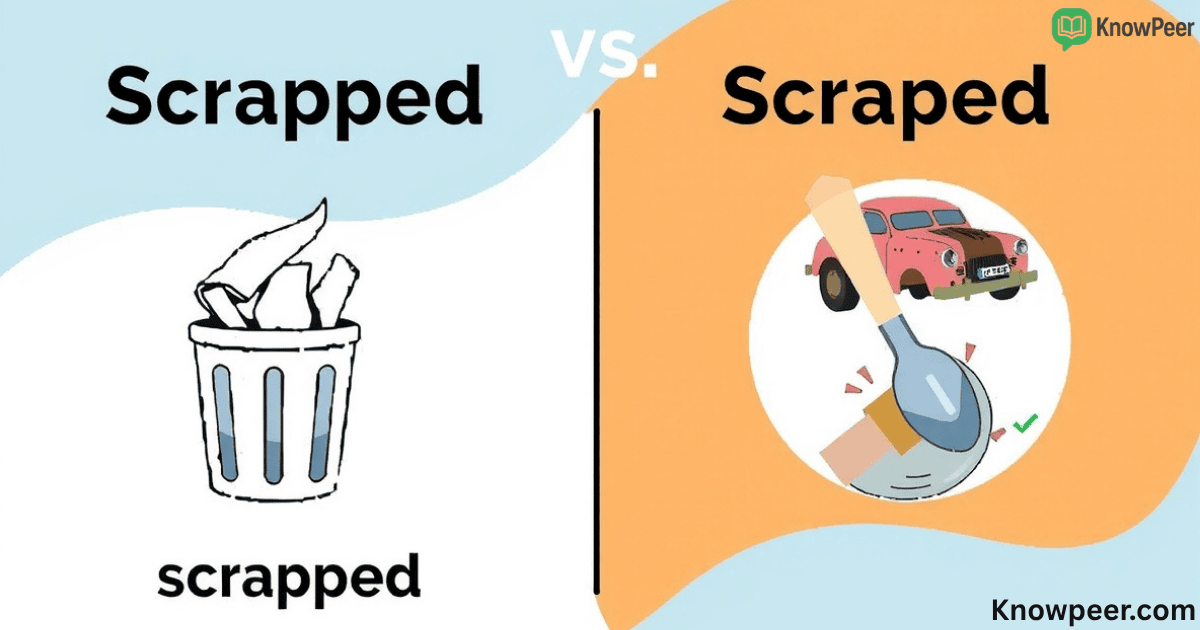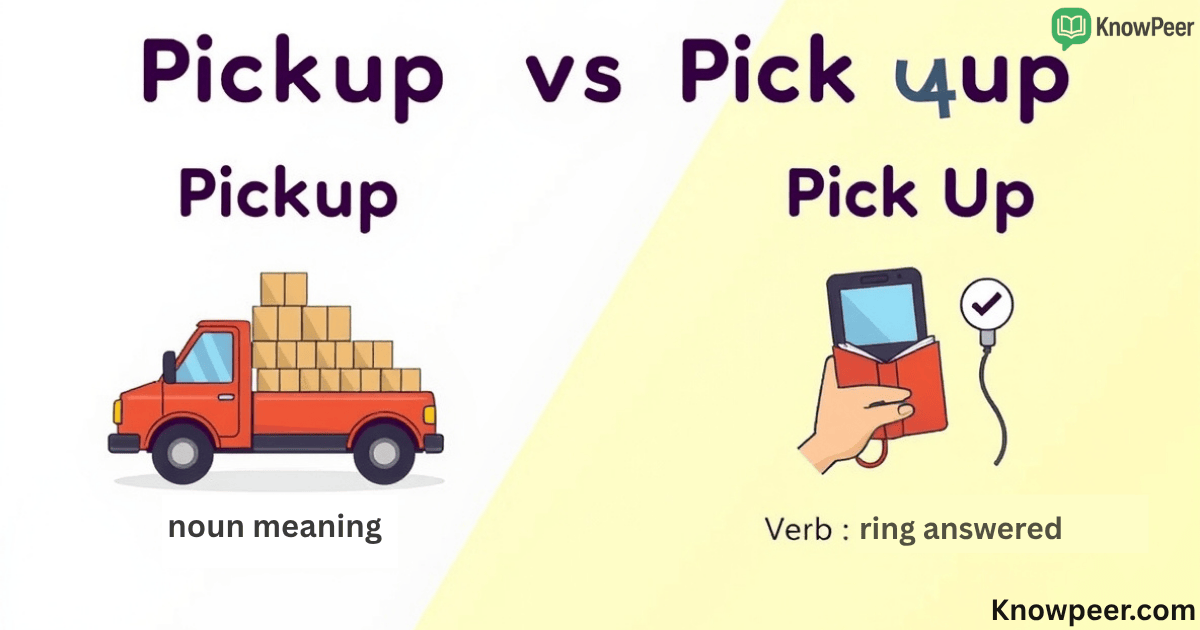Understanding the difference between losing and loosing might look simple at first glance, but many English learners, and even native speakers, get it wrong. These two words may look similar, yet they carry very different meanings. Mixing them up changes the meaning of an entire sentence, and in some cases, it makes the sentence sound strange or incorrect. This confusion is common because both words share almost the same spelling, with only one extra “o” separating them. That one small letter, however, changes everything. To write with confidence, you need to know the losing vs loosing difference, their grammar, definitions, and proper usage in English.
This guide will take you through every important detail. We’ll look at the losing meaning and loosing meaning, check example sentences, see common spelling mistakes, and study memory tricks to remember the correct spelling. You’ll also see how these words appear in sports, business, literature, and even biblical texts. By the end, you’ll never wonder about the correct spelling losing or loosing again.
Losing Meaning and Usage in English
The word losing is the present participle of the verb lose. To lose means to be defeated, to misplace something, or to fail to keep possession of something valuable. This is one of the most common verbs in everyday English, so you see losing usage in English all the time. From sports headlines to financial reports, the idea of losing appears everywhere. For example, when a football team is behind in points, they are said to be losing the game. When money is wasted or investments shrink, people talk about losing money. In daily life, forgetting where you placed your keys creates the phrase losing keys spelling mistake if written incorrectly, but the concept is still the same.
The losing definition also expands into emotional states. Someone can be losing patience meaning they are running out of tolerance, or losing hope meaning they are giving up faith in success. Even in business, companies often face the challenge of losing customers when competition grows. These examples prove that losing grammar fits into both physical and abstract situations, making it one of the most versatile verbs in English.
Loosing Meaning and Usage in English
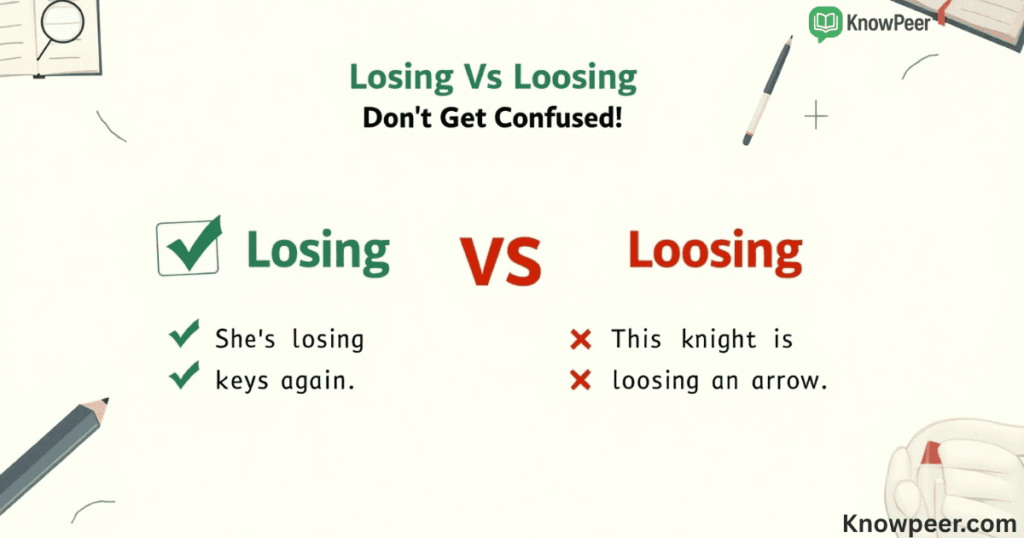
The word loosing comes from the verb loose, which means to release, untie, or set free. Unlike losing, this word is not used as often in modern speech. It has roots in Old English and is still found in literature and religious texts. The loosing definition therefore centers around freedom and letting go. For example, in archery or hunting, people speak of loosing arrows meaning they are releasing arrows from the bow. In farming or nature, we hear about loosing animals meaning letting them go free. Even in maritime work, sailors talk about loosing the rope to free sails or ships.
There is also a biblical usage of loosing that carries spiritual weight. In older translations, the phrase “binding and loosing” meant to restrict or permit certain actions. While this form is less common in modern writing, it shows how deeply the word connects with tradition. In grammar, loosing usage in English is tied to releasing something rather than losing it. Many people make the mistake of writing “loosing” when they actually mean “losing,” which creates confusion and weakens the clarity of their sentences.
Losing vs Loosing: Key Differences
The losing vs loosing difference lies in meaning, spelling, and use. Losing is about defeat, failure, or misplacement, while loosing is about releasing or setting free. The single extra “o” is the dividing line between two unrelated actions. Confusing them leads to embarrassing mistakes, especially in professional writing. For example, “The company is loosing money” is wrong because the company isn’t freeing its money—it’s losing money. On the other hand, “The soldier was loosing arrows” is correct, because he was releasing arrows.
| Word | Correct Meaning | Example Sentence |
| Losing | Being defeated, failing, misplacing | The team is losing the game by three points. |
| Loosing | Releasing, setting free | The farmer is loosing the animals into the field. |
This table shows the difference between losing and loosing in a simple way. If the idea is about failure or misplacement, use losing. If the idea is about release or freedom, use loosing.
Spelling Mistakes and Misuse
One of the most common spelling mistakes losing loosing happens because both words look so similar. Many people accidentally add the extra “o” when typing quickly, which leads to misuse of loosing instead of losing. This is especially common in emails, reports, and social media, where speed often matters more than accuracy. Unfortunately, using the wrong spelling can change the meaning completely. Imagine writing “Our company is loosing customers” in a presentation. Readers might picture customers being released into the wild rather than leaving the business.
Another reason for confusion is pronunciation. Both words sound almost the same in fast speech. English spelling errors often come from this mismatch between sound and spelling. To avoid these mistakes, writers should remember that losing grammar connects with the verb “lose,” while loosing grammar comes from “loose.” Keeping this link clear helps prevent accidental swaps.
Memory Tricks to Remember the Difference
The best way to master spelling tricks for losing vs loosing is through simple memory aids. One popular trick is to notice that lose has only one “o,” so losing also keeps just one. By contrast, loose has two “o’s,” so its form loosing also carries both. A second method is to link meanings with visuals. Imagine dropping your phone and saying, “I am losing it.” Then picture untying a rope and saying, “I am loosing it.” These quick mental images fix the losing vs loosing difference in your mind.
You can also use mnemonics. For losing, think of the phrase “Only one chance to win.” The single “o” reminds you that it relates to defeat or failure. For loosing, remember “Open up with two circles,” showing the double “o” that signals release. With practice, these tricks make spelling errors much less likely.
| Word | Use Case | Example |
| Losing | Defeat, misplacing, failure | She is losing hope after many tries. |
| Loosing | Releasing, setting free | They are loosing the rope before sailing. |
Remember, one “o” is about defeat, two “o’s” are about freedom. If you keep that in mind, you’ll never confuse the two again.
Related Confusions and Comparisons
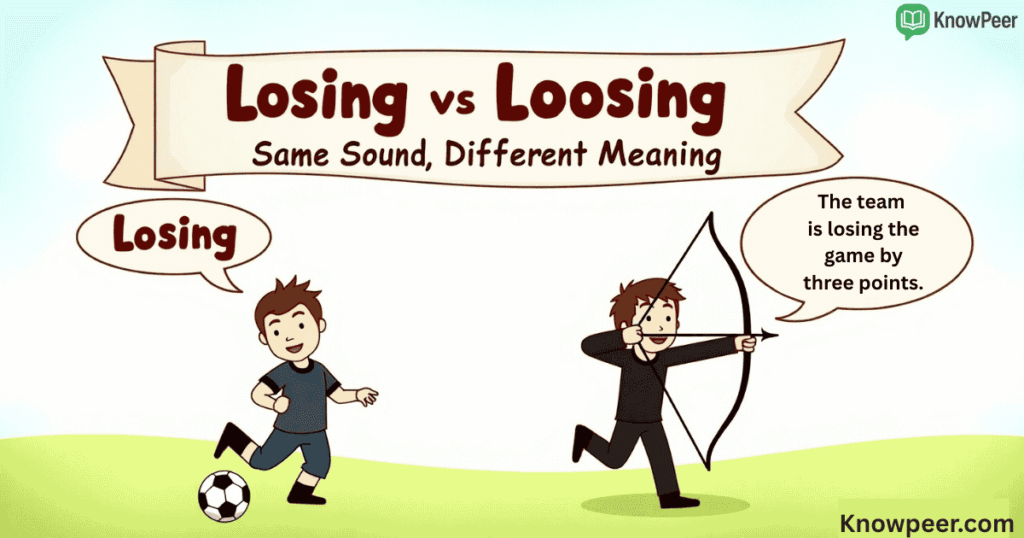
English is full of confusing English words that look alike but mean different things. The losing vs loosening debate is one example. While losing is about defeat, loosening means making something less tight. For instance, “He is losing his belt” means he can’t find it, while “He is loosening his belt” means he is making it less tight after dinner. Similarly, the loosing vs loosen vs loosening set can trip learners. “Loosen” is the base verb meaning to make something loose, “loosing” is the act of releasing, and “loosening” means making something less tight over time.
Another common confusion is losing vs loss. The word loss is a noun, while losing is the verb form. You might say, “The loss of money hurts,” but “He is losing money daily.” Sports also highlight winning vs losing grammar, where “losing” is always the opposite of “winning.” These comparisons underline how vital it is to use the right word at the right time.
How to Remember Losing vs Loosing Quickly
The fastest way to recall the losing vs loosing difference is to focus on the number of “o’s.” If it’s about defeat, failure, or misplacement, stick with the single “o” of losing. If it’s about setting free, unlocking, or releasing, use the double “o” of loosing. This simple test works in nearly every case, from writing essays to posting on social media. With time, your brain will automatically choose the right form, and you won’t fall into the trap of misuse of loosing instead of losing again.
Conclusion
In the end, the correct spelling losing or loosing depends on context. Use losing when you talk about defeat, misplacement, or failure. Use loosing when you mean to release or set free. Mixing them up leads to English spelling errors that confuse readers and weaken communication. Whether it’s losing in sports, losing customers in business, or loosing arrows in history, the right choice changes the picture entirely.

